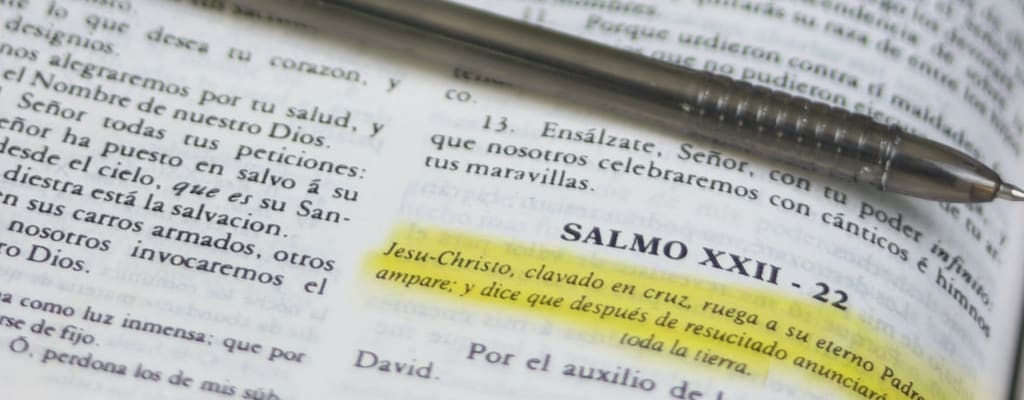kick one’s heels: Idiom Meaning and Origin
What does ‘kick one's heels’ mean?
The idiom "kick one's heels" means to wait idly or impatiently for something or someone without any purpose or result.

Idiom Explorer
The idiom "lay by the heels" means to arrest or capture someone, typically in a forceful manner, by seizing their ankles as a form of restraint.
The idiom "kick the can down the road" means to delay or postpone addressing a problem or making a decision, often because it is difficult or unpopular to do so at the present time.
The idiom "kick it" means to relax, have fun, or spend time casually with friends or acquaintances. It often implies a laid-back and informal atmosphere, where one can enjoy themselves without any specific agenda or responsibilities.
The idiom "kick into touch" means to deliberately avoid dealing with something or to delay a decision or action. It is often used in contexts where someone is trying to avoid taking responsibility or facing a difficult or unpleasant situation.
The idiom "kicking boots" refers to a person who is in a state of great energy, enthusiasm, or readiness to take action.
The idiom "kick in" means to start or take effect, typically referring to the beginning of a process, action, or reaction.
The idiom "kick at the can" means to make a futile attempt or try but not achieve anything significant.
The idiom "hurry up and wait" means to rush or be quick to do something, only to have to wait for a long time for the desired outcome or result. It reflects the frustrating and often futile nature of constantly being in a state of urgency followed by a period of inactivity.
The idiom "hold one's peace" means to remain silent or refrain from speaking, especially when it is important or expected to do so.
"Hold one's horses" means to wait patiently and not rush into a situation or take action prematurely. It implies the need for restraint and caution.
The Hidden Story Unveiled
The idiom "kick one's heels" is a commonly used expression in the English language. Its exact origins and earliest usage are challenging to trace, but it has been in use for centuries. The idiom conveys the idea of waiting or occupying oneself with idle, unproductive activities due to the absence of any immediate task or engagement. It often implies a sense of frustration or impatience resulting from the lack of purposeful occupation.
The idiom can also refer to having to wait longer than expected for someone or something, which can result in a feeling of wasting time or being held back from progressing or achieving one's goals. It is a versatile expression that can be used in various social, professional, and personal situations.
Understanding the origins and meaning of idioms provides valuable insights into the cultural history and linguistic evolution of a language. In the case of "kick one's heels," it is clear that this idiom has stood the test of time and continues to be used by English speakers around the world.
A related idiom is "cool one's heels." This expression carries a similar meaning to "kick one's heels," but with a slightly different connotation. While "kick one's heels" suggests frustration or impatience, "cool one's heels" implies a more controlled and patient approach to waiting. It emphasizes the ability to remain calm and composed while being idle or waiting for someone or something.
When someone is told to "cool their heels," it implies that they should relax and wait patiently without becoming agitated or restless. This idiom is often used in situations where there is a delay or unexpected wait, encouraging individuals to maintain composure and avoid becoming frustrated.
Another related idiom is "drag one's feet." This expression is used to describe a person's reluctance or unwillingness to take action or move forward with a task or decision. Similar to "kick one's heels," "drag one's feet" implies a sense of delay or slow progress, but with a more passive or resistant attitude.
When someone is said to be "dragging their feet," it suggests that they are intentionally stalling or procrastinating, often due to a lack of motivation or interest in the given task. It conveys a negative connotation of inefficiency or unwillingness to move forward.
The idiom "kick it" is another related expression that is commonly used in informal conversations. It shares a similar linguistic structure with "kick one's heels," but with a different meaning altogether.
When someone says they want to "kick it," they are expressing a desire to spend time leisurely or in a relaxed manner with friends or acquaintances. It is often used as an invitation or suggestion to hang out casually, without any specific plans or obligations.
The idiom "kick it" can also refer to an individual's desire to relax, unwind, or take a break from work or responsibilities. It conveys a sense of informal and laid-back enjoyment.
The idiom "hurry up and wait" is yet another expression that relates to the idea of waiting or being idle. It describes a situation where individuals are hurried or rushed to complete a task or arrive at a destination, only to find themselves waiting for an extended period.
This idiom is often used in contexts that involve strict deadlines or time-sensitive situations. It emphasizes the irony and frustration that can arise from being hurried to complete something quickly, only to be forced to wait for a significant amount of time.
The phrase "hurry up and wait" is commonly used in the military, where soldiers are often given strict orders and deadlines, but find themselves waiting for long periods due to logistical or operational requirements.
Overall, the idiom "kick one's heels" and its related expressions, including "cool one's heels," "drag one's feet," "kick it," and "hurry up and wait," all revolve around the theme of waiting, delay, or idle activities. While each expression carries its own unique connotations and usage, they collectively capture the different nuances and emotions associated with being idle or experiencing a sense of delay.
Example usage
Examples of how the idiom *kick one's heels* can be used in a sentence:
1. After finishing the meeting early, I had to kick my heels in the waiting room until my next appointment.
2. We arrived at the restaurant before our reservation time, so we had to kick our heels at the bar until our table was ready.
3. The flight was delayed for several hours, and the passengers had to kick their heels at the gate, growing increasingly restless.
More "Awaiting" idioms
We missed the mark - nothing found.



